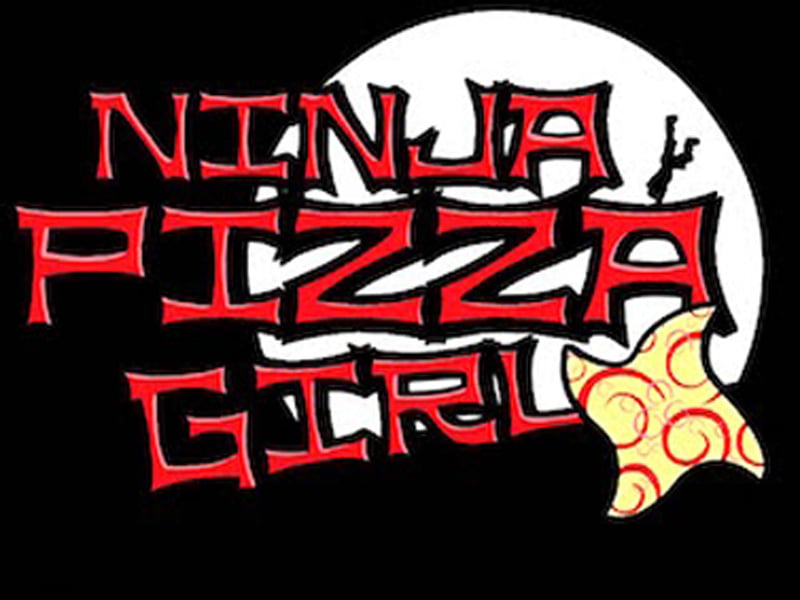How would you like to work from home in a beautiful coastal resort area, designing computer games for a living?
Not shoot-‘em-up type games, but ‘serious games’ about resilience and navigating adolescence. Would you like to do that?
It is possible. You can live the dream, if you want it enough. Husband and wife team Jason and Nicole Stark run Disparity Games, a software development company based at Noosa Heads on the Sunshine Coast north of Brisbane.

It’s a deliberate lifestyle choice, but it is not without its problems. The biggest one is broadband.
Since moving up to Noosa from Brisbane five years ago they have had to move house twice, chasing the ephemeral fibre-optic link.
“We figured if we were going to working from home we wanted to live in the best place we could,” says Ms Stark. “That’s why we chose Noosa. But getting decent broadband was a problem.
“The first place we moved to had terrible ADSL. We saw a new estate and contacted NBN Co and they said it would definitely be getting NBN. But it didn’t, and we had to rely on wireless dongles, which was a nightmare. We had to move to another place just 50 metres away, which has fibre-to-the-home NBN broadband, which is fantastic.”
It’s the tyranny of distance which has been the biggest problem in running a business like theirs from outside of a metropolitan area, she says.
“But it was important to us not to be in a city. We both grew up around Toowoomba, and we wanted our children to grow up outside of a big city.
“We figured our children had to give up a lot for us to pursue what we wanted to do, so we wanted them to be getting something back out of it. There’s great schools, and it’s a beautiful location – it’s an idyllic childhood, really.”
Disparity’s first title was ‘Run Fatty Run’, in which an overweight man tries to escape a Tiger Apocalypse unleashed by the government to solve the obesity crisis. It reached number one on the Australian Apple app store in 2012. They have also done a flashcard app for indigenous languages for the Northern Territory Government.
Disparity’s newest title, ‘Ninja Pizza Girl’, tackles the issues of teenage self-esteem, bullying and resilience, in a scenario of “ninja pizza delivery in a dystopian future.” Ms Stark says she sees a role of games as sitting in the intersection between social commentary and education.
“We use humour and make the game fun to play, but we can still get a message across. In Ninja Pizza Girl, for example, there are some confronting and sad moments, but the sense of humour. Games are a great medium for creating empathy.”
The Starks say they are making a living, but only by supplement their income doing contract work for other games developers. “They are all within Australia, but we could really do it for any developer anywhere in the world. We have the bandwidth!”
They have considered living in other countries. “There were a lot more jobs in Canada a few years ago, when the British Columbia and Quebec governments were giving a lot of tax incentives to games companies.
“We looked at it very seriously, and did a few job interviews, and we also thought of living in the United Kingdom, which also had a good games development scene.
“But we decided to stay in Australia, largely for family reasons. Our older children were finishing school and it would have been hard, and if we moved and then wanted to come back we would have the same problem.”
Ms Stark says she is happy they decided to stay in Australia. “There is a great culture of independent games studios, and we weren’t the only ones making the decision at the time. There’s strength in numbers, and there is a lot of support.
“In Queensland there is a great games development community, and the Federal Government has also been helpful. We received investment funding from Screen Australia for Ninja Pizza Girl, which treats games developers like film-makers, which is good.”
She says the local games community is very supportive. “The Games Development Association of Australia is based in Melbourne, and offers both formal and informal support. A lot of Australian games developers are going to the big Games Developers Conference in San Francisco next week, and they have organised meeting rooms and the like.
“I’m really proud of the games industry here in Australia. There were some large developers, but they have been acquired or went bust in the GFC. It was quite spectacular then – everything fell apart. Now it’s mostly small developers, and we meet each other a lot. There’s always someone you ask about how to go about things.”
They sell their games direct, as do most small Australian games designers. Australian games developers are just a small part of a video game industry in Australia is now worth over $3 billion in annual sales.
Last year, for the first time, sales of video games exceeded movie box office receipts in Australia. Gaming is big business, but with many small developers.
For some, like Disparity, it is a lifestyle choice.
Do you know more? Contact James Riley via Email.

